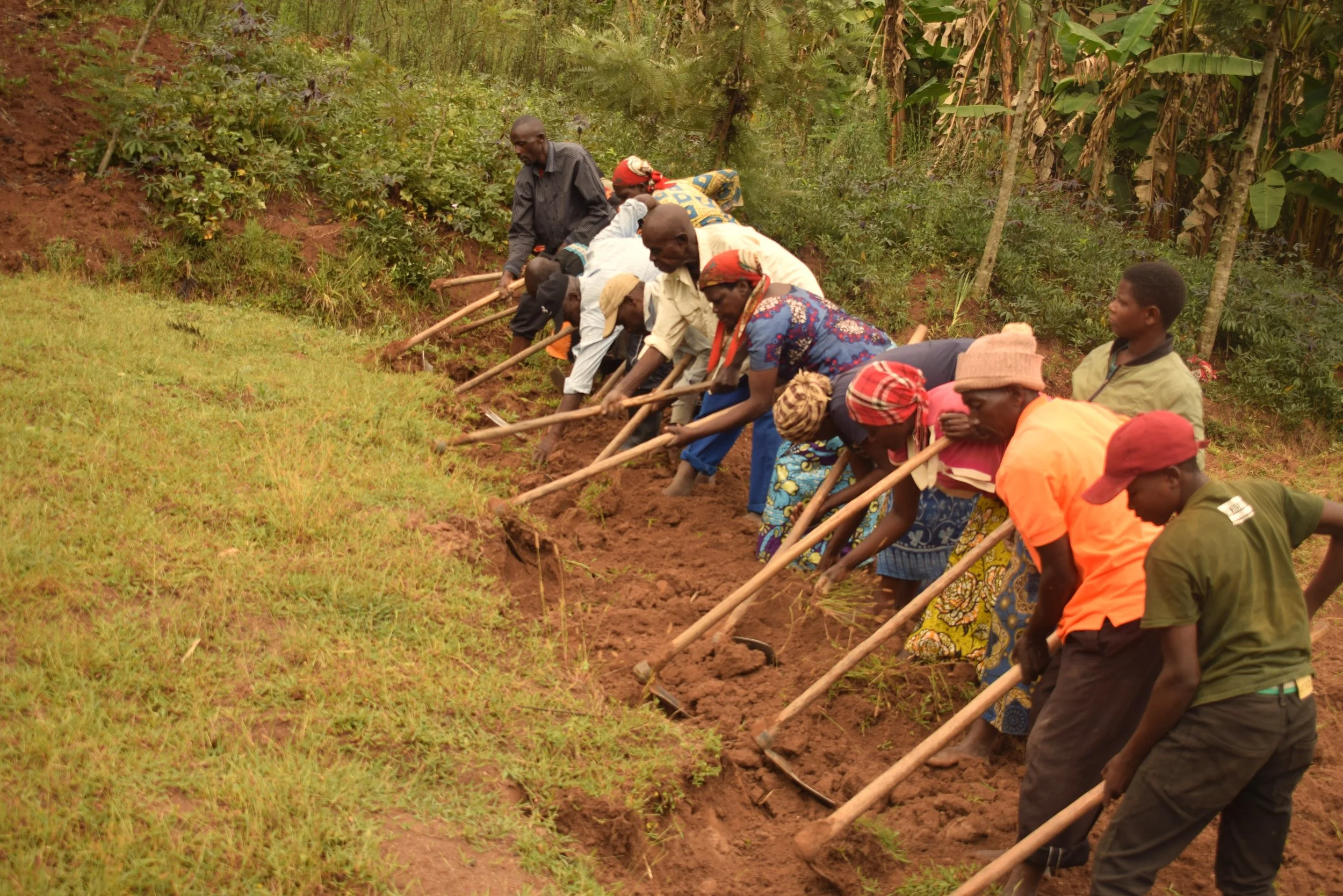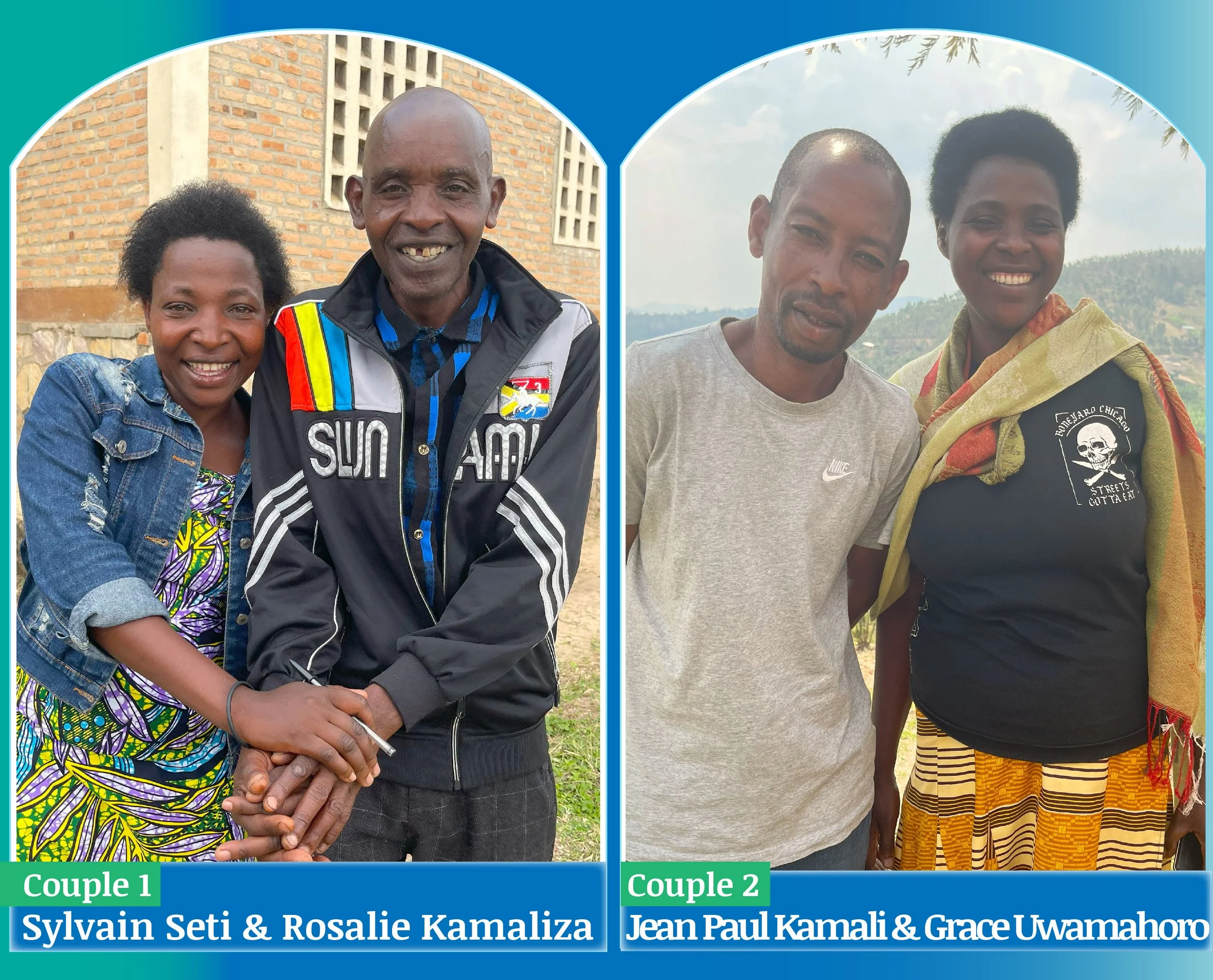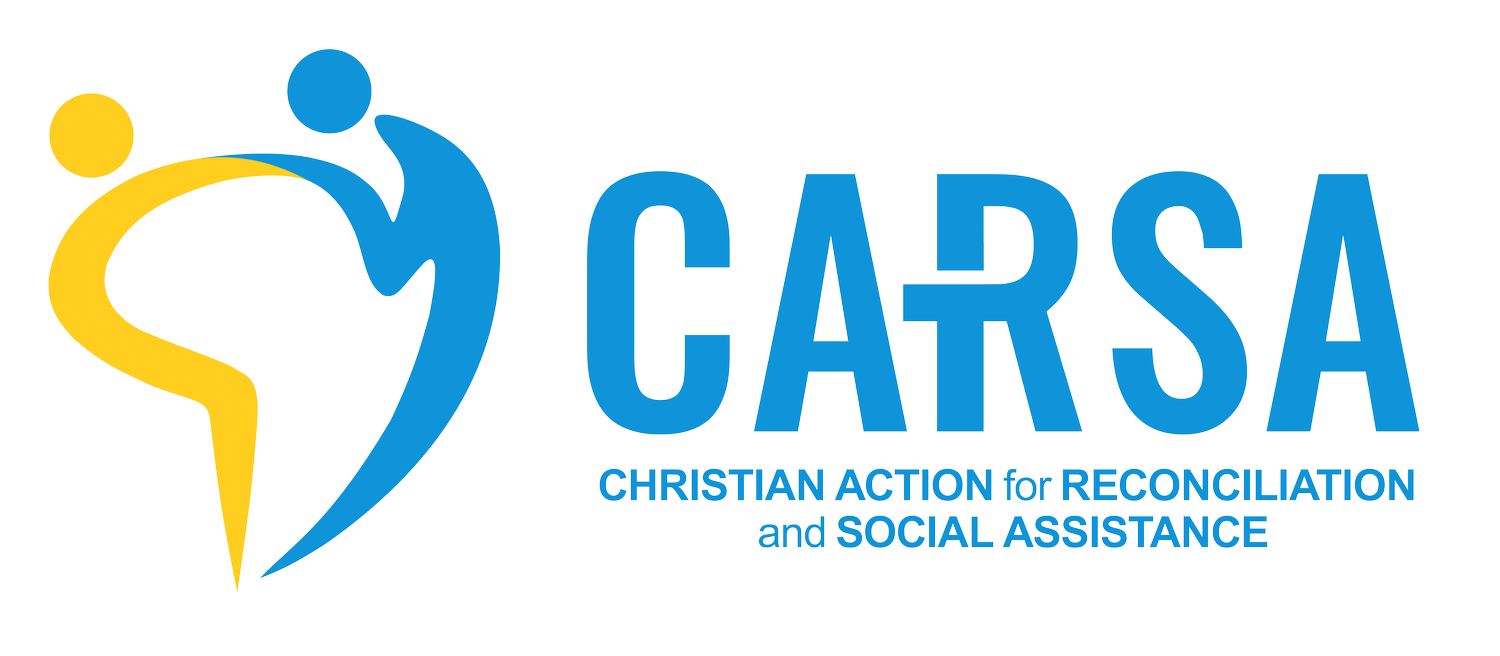
Supporting Rwanda’s Journey from Reconciliation to Resilience
In Rwanda, October is dedicated to reflecting on Unity and Resilience, a time to honor the nation’s remarkable journey of rebuilding social bonds and national cohesion after the 1994 Genocide against the Tutsi. It is a month of remembrance, gratitude, and renewed commitment to peace and unity. This period also offers a meaningful opportunity to highlight the impact of Resilience Cell Groups (RCGs), an initiative established by CARSA to foster holistic healing, restore relationships, and prevent the transmission of negative legacies across generations.

From Struggles to Hope: Claudine and Innocent’s Journey of Transformation
Claudine Ingabire, 33, is a mother of four children. Her eldest is in primary four, while the youngest attends nursery school. Claudine is married to Innocent Ntawugayumugabo, 38, and the couple has been together for 13 years. They live in Mbati Cell, Mugina Sector, Kamonyi District.

Forgiveness and Apology Should Not Be the Pre-conditions of Forgiveness: Yvonne’s Journey
My name is Yvonna Nyiraminani, and I am 61 years old, living in Cyeza Sector of Muhanga District. During the 1994 Genocide against the Tutsi, I faced an experience that left deep wounds in my heart. As killings were happening, a man confronted me, asking, “Where is your husband?” I told him I didn’t know. He kept pressing me for an answer, but I repeated the same. Finally, he threatened me, saying, “I cut you, open your womb to separate you from that pregnant Inkotanyi [Tutsi].”

From Separation to Restoration: How CARSA is Restoring Broken Family Relationships
For years, Grace Uwamahoro, a mother of five from Cyeza Sector in Muhanga District, endured constant conflict in her marriage. Though she and her husband, Jean Paul Kamali, had lived together for 20 years, their home was filled with quarrels, poverty, and tension. At her lowest point, Grace felt separation was the only way forward.

A Journey of Truth, Forgiveness, and Friendship: The Story of Jean Felix and Papias
Ayiki Jean Felix was 9 years old when the 1994 Genocide Against the Tutsi erupted in his area. He was young, but a target. His home was raided, and as fear surged through his body before he escaped with his aunt, he looked at the men attacking his home and his family and recognized them. It was the Interahamwe militia and his neighbors. There was one old man in particular whose face was seared vividly into his mind. That man was Kalasira Papias.
